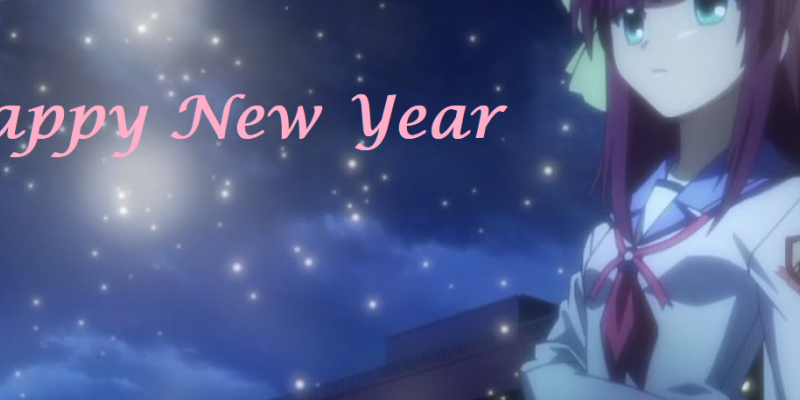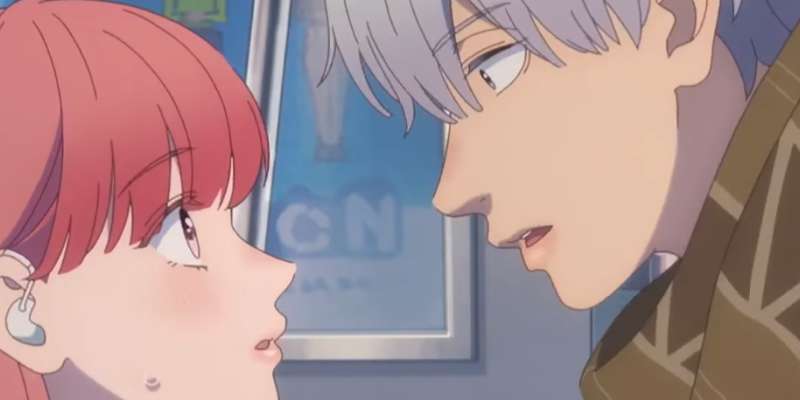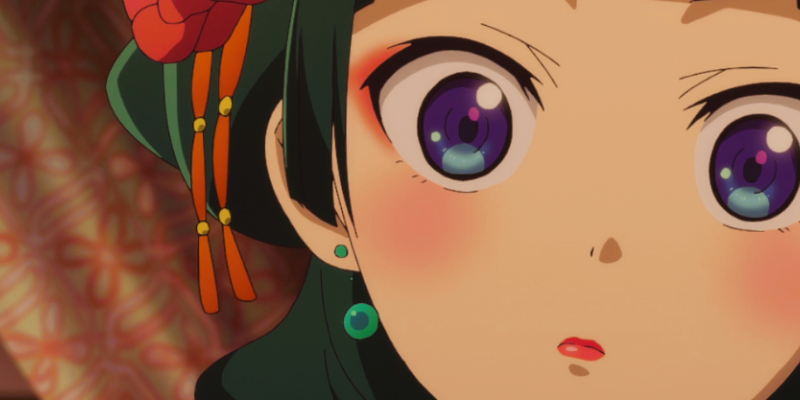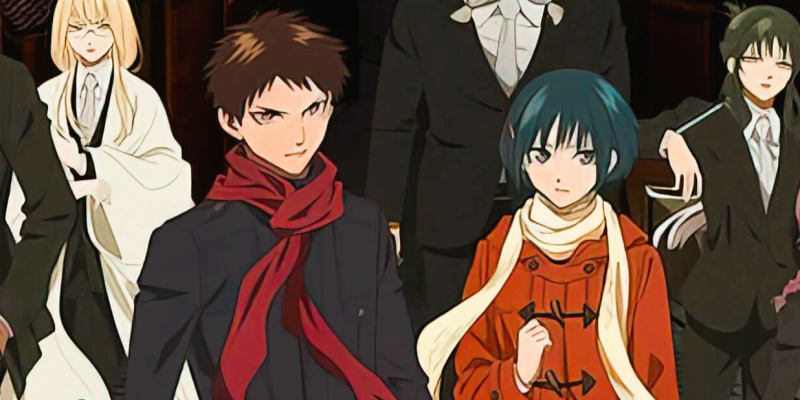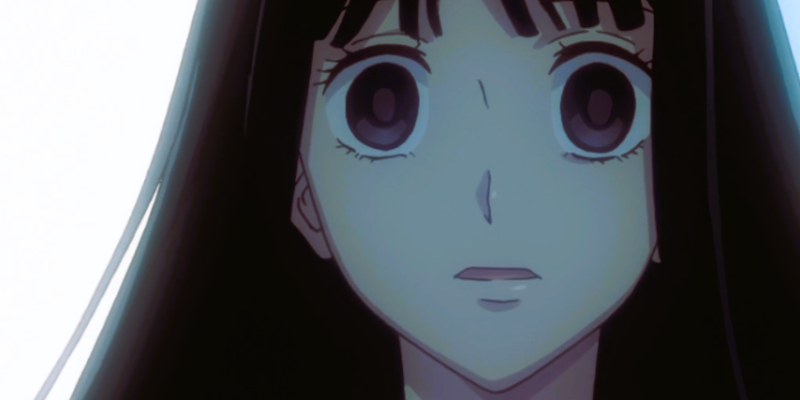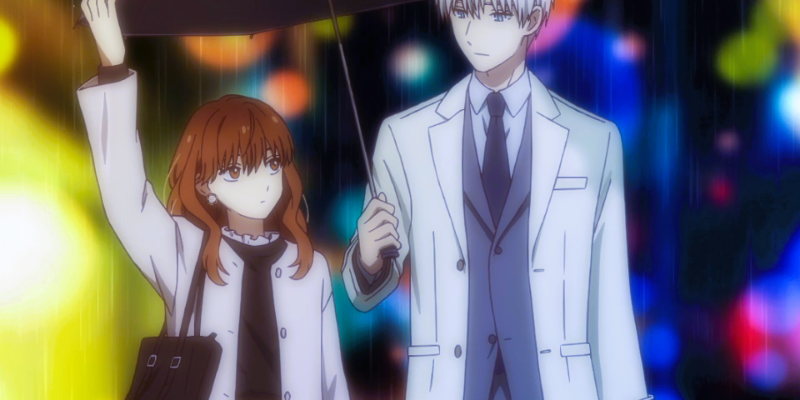I was a fan of BL and yaoi for many years, but I basically despaired at these genres in anime since 90% of them are extremely problematic. But recently, a good friend of mine introduced me to a few anime series that are classically danmei (Chinese BL, basically). It was a new experience for me since I had never watched a donghua (Chinese animation) before. Now, I will share my thoughts on two shows I enjoyed: Mo Dao Zu Shi (The Grandmaster of Demonic Cultivation) and Tian Guan Ci Fu (Heaven Official’s Blessing).
For a little bit of background, both of these series are based on novels written by the amazing author Mo Xiang Tong Xiu. There are various adaptations of her works, from live action dramas to web comics. Mo Dao Zu Shi and Tian Guan Ci Fu are similar in terms of setting and story themes, but they are written to be separate universes. Both are also fantasy, and of course, both of them get pretty gay. I’ll explain more about the settings in the two following sections. Let’s start with Mo Dao Zu Shi.
Mo Dao Zu Shi (The Grandmaster of Demonic Cultivation)
Note: Every site I tried gave me extremely poor quality screenshots. An example is below. Due to this issue, not many screenshots are used in this section. However, I included some wallpapers.
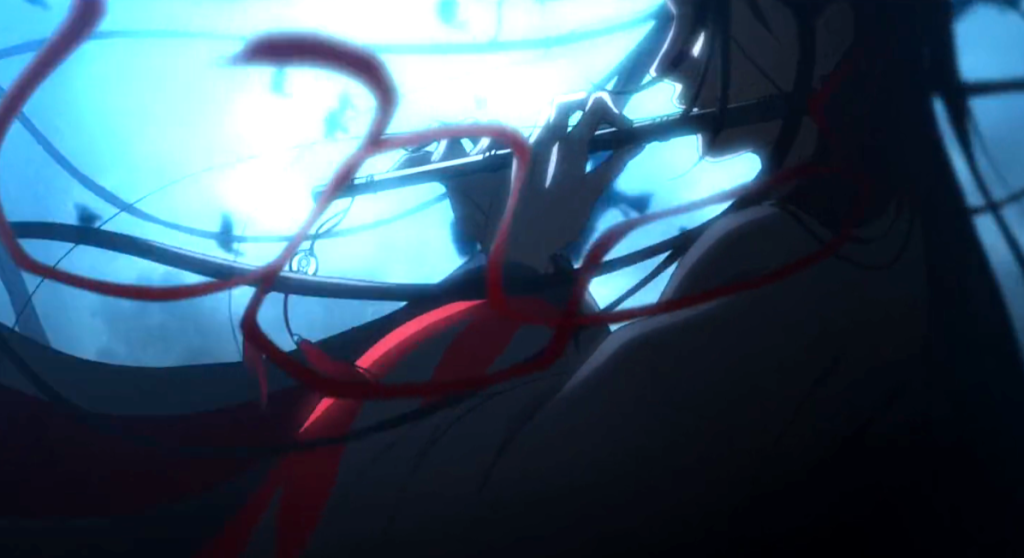
The story is set in a fictional country much like ancient China. In this world, there are several clans of powerful “spirit cultivators,” people who can manipulate spiritual energy to fight ghosts, zombies, and the like. Wei Wuxian was the first man to invent and master “demonic cultivation,” which uses resentful energy rather than normal spiritual energy. Unfortunately, the cultivation world made an enemy out of him, and he was brutally killed by his own brother, Jiang Cheng.
Thirteen years later, Wei Wuxian suddenly awakens in the body of a young man practicing cursed cultivation techniques. He – an eccentric named Mo Xuanyu – had given his life to summon Wei Wuxian back to the living. Almost as soon as he returns, Wei Wuxian encounters an old acquaintance – Lan Wangji – who soon realizes the truth. Mo Dao Zu Shi is the story of these two men and their relationship.
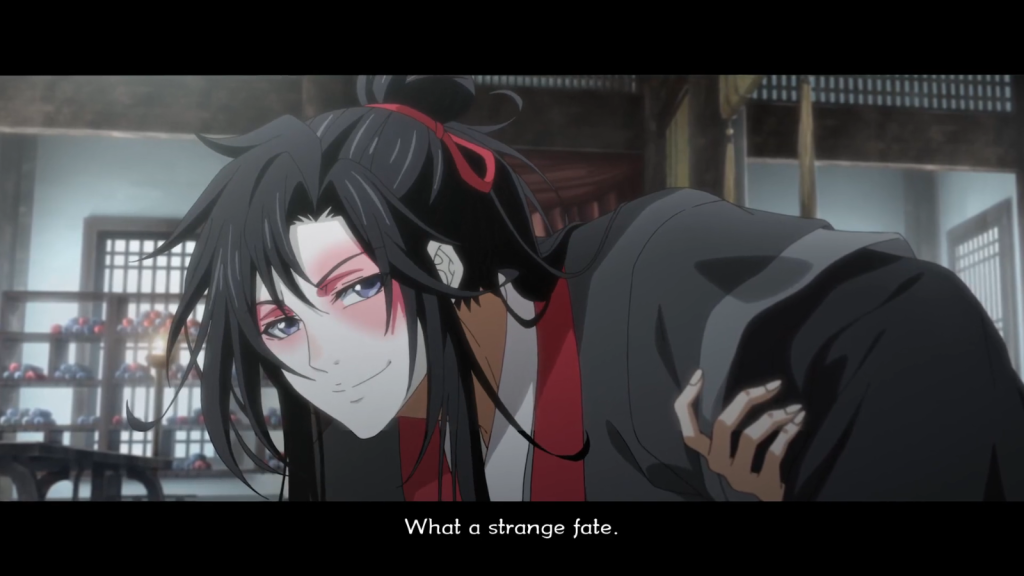
The structure of the series is very unusual and definitely felt strange at first. It moves between present events with the reincarnated Wei Wuxian and past events following the original man before his defeat. It can be difficult to follow the time shifts. In addition, key plot points and characters are not always explained or introduced sufficiently in the series itself. To fully understand, you will need knowledge of the novels.
Though I ended up enjoying MDZS a lot, I’m not sure I would have liked it if I tried it by myself. There are two reasons for this. A) Without my friend – someone who knows this series inside and out – I would not have understood the plot. B) My initial expectations about the romance elements were completely off.
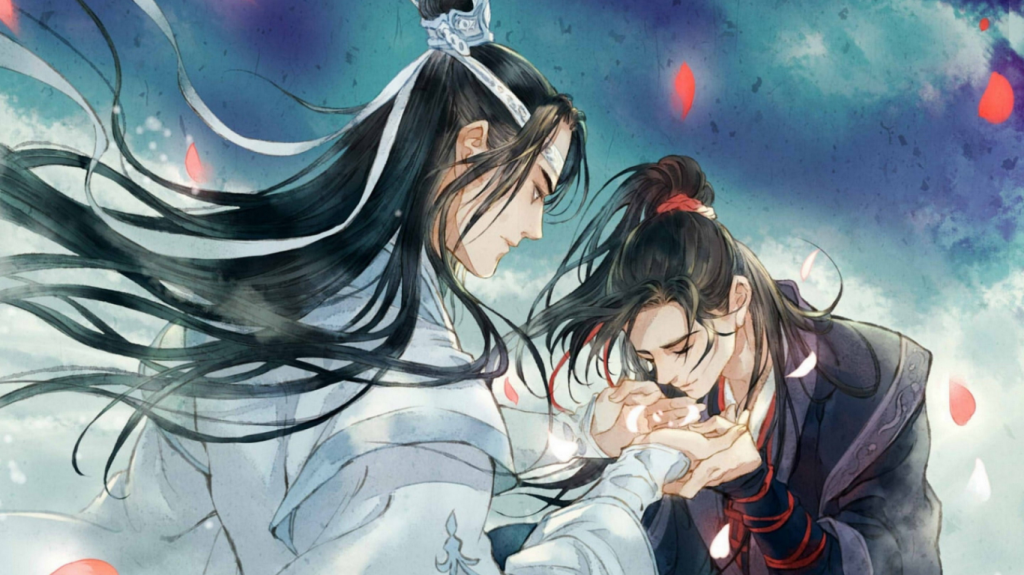
MDZS develops the main relationship slowly over the course of three seasons. If you didn’t know the books were canonically BL, you might just assume they are friends without any romantic elements. Unlike most Japanese BL or yaoi, the narrative isn’t constantly teasing you or reminding you, “Hey, this is a gay anime.” Rather, most of the anime focuses on the broader history of these characters in the world of cultivation. But by the last season, I think it’s quite clear that Wei Wuxian and Lan Wangji are “together.”
Once I got used to the story structure and style, I really was happy to watch this anime. There were several enjoyable elements. For example, cute animals show up from time to time, including Little Apple the donkey and the rabbits at the Cloud Recesses. Also, Wei Wuxian – or Wei Ying as he is called by those close to him – is an amazing character. In contrast to the serious world of spirit cultivators, he’s such a goofball. He’s mischievous, easygoing, and even flirtatious.
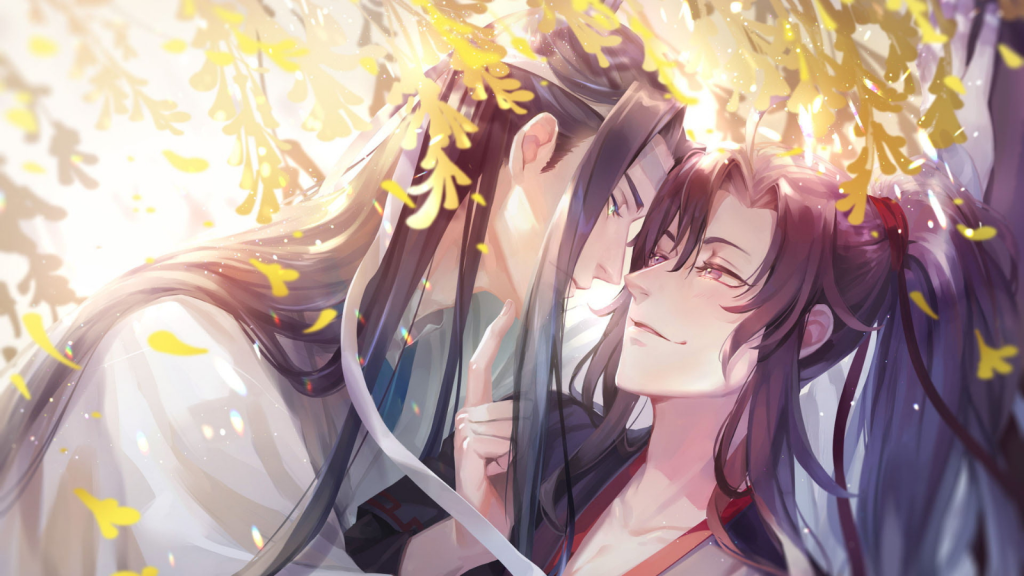
Wei Ying was probably my favorite character in MDZS. That being said, there were many entertaining characters. I didn’t like Lan Wangji (AKA Lan Zhan) very much at first, but I started to appreciate him over time as his strictness became less intense. Even though Jiang Cheng was an asshole half the time, I actually liked his angsty energy and the softer side of him behind his fierce anger. Additionally, the Ghost General – Wen Ning – was such a lovable character. Who knew a zombie could be cute?
The audio-visual quality of MDZS is stunning, which also contributed significantly to my sense of enjoyment. The art-style and animation are detailed, expressive, and generally amazing. Backgrounds and scenery are absolutely beautiful. There are some epic battle sequences. I think the soulful style of the opening songs was a bit much for me, but the instrumental music was fantastic. If you liked the style of music in Avatar: The Last Airbender, you will definitely love the MDZS OST.
(In case video gets removed: It was Lan Wangji’s character song. You can probably find a reupload by searching YouTube for “Mo Dao Zu Shi OST.”)
After tiring of problematic and shallow BL from Japan, this donghua was especially refreshing. The story is exceptional, with profound themes of loss, love, war, and change. The characters are well-written, and the historical setting combined with spirit magic was an incredible mix. The slowly developing romance was almost a bonus rather than a main appeal. I’m glad I watched this series, and I thank my friend for helping me understand it.
Tian Guan Ci Fu (Heaven Official’s Blessing)
Note: I was able to get a few decent screenshots since this series is on Crunchyroll in good quality, but you know how Crunchyroll is. Half the time it doesn’t work, so I could only get a few images before losing patience.
Much like MDZS, Heaven Official’s Blessing is set a fictional country similar to ancient China. In this world, there are many Officials and Gods who live in the realm of Heaven. They have their own rules and customs, and are ruled by an Emperor. All Gods begin as mortal humans before ascending to Heaven to enjoy an immortal life with the luxury of divine powers. In addition, Gods usually have missions to keep order in the world, quelling threats such as ghosts and keeping an eye on human history.
Xie Lian is a god who has ascended three times now. That means he was thrown out of Heaven not once but twice and sent back to the human world. Though he was a powerful martial god 800 years ago, he is now a lowly scrap-collecting god. Nobody even worships him. Xie Lian isn’t entirely hated, but he is the subject of gossip and some ridicule.
The real story begins when Xie Lian goes on a mission and has a strange encounter with a man at night who guides him through a forest. It turns out that man was a powerful Ghost King named Hua Cheng. Xie Lan is confused as to why a fearsome Ghost King would help a Heavenly Official, since they are traditionally enemies. As his mission continues, Xie Lan meets a young man named San Lan who knows a lot about the Ghost King Hua Cheng. The two men begin to travel together as Xie Lian seeks answers.
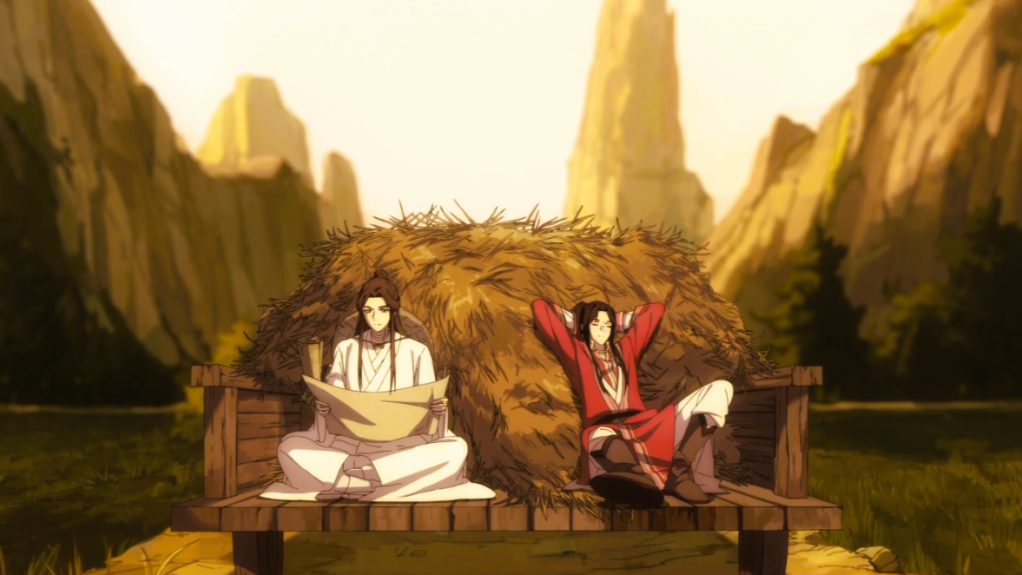
Compared to Mo Dao Zu Shi, Heaven Official’s Blessing is easier to follow and requires less knowledge of the source material. It’s a good choice for a gateway into the works of Mo Xiang Tong Xiu. In terms of atmosphere and tone, Heaven Official’s Blessing is less grim and violent than MDZS. That said, it still has serious moments for sure. It can be quite heavy emotionally, especially by the second season, when you presumably have more attachment to the characters.
So far, there are two seasons; the second one is still wrapping up as I write this article. Each season will have a slightly different central plot, but will always center around Xie Liang and San Lan fighting ghosts or figuring out the mysteries of the past. Several important themes of the series are shown through the character of Xie Liang, who is altruistic, wise, and empathetic. Themes include change, love, past trauma, and resilience in sticking to one’s principles. Season two in particular also deals with disillusionment, acceptance, prejudice, and violent human nature.
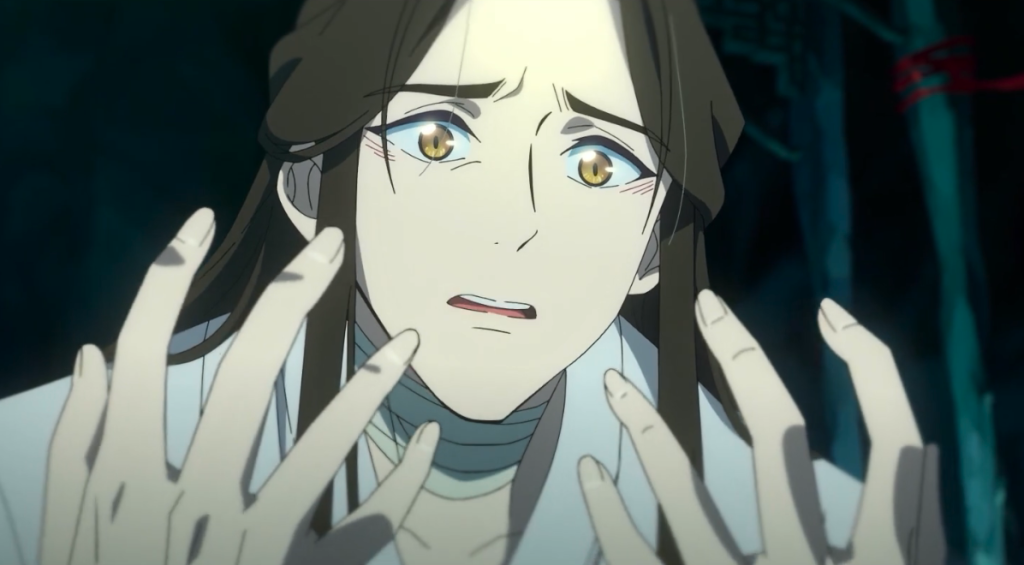
It’s clear to the audience right away that San Lan is Hua Cheng, the Crimson Ghost King. He has a mysterious past connection with Xie Lian, but won’t reveal it. Regardless, the driving force of the romance is San Lan’s dedication to Xie Lian. The romance between these two seems more obvious earlier in the story compared to what we saw in Mo Dao Zu Shi. That being said, any romantic or sensual elements are still very mild and subtle compared to what I’m used to seeing. (That may be due to China’s media policies.)
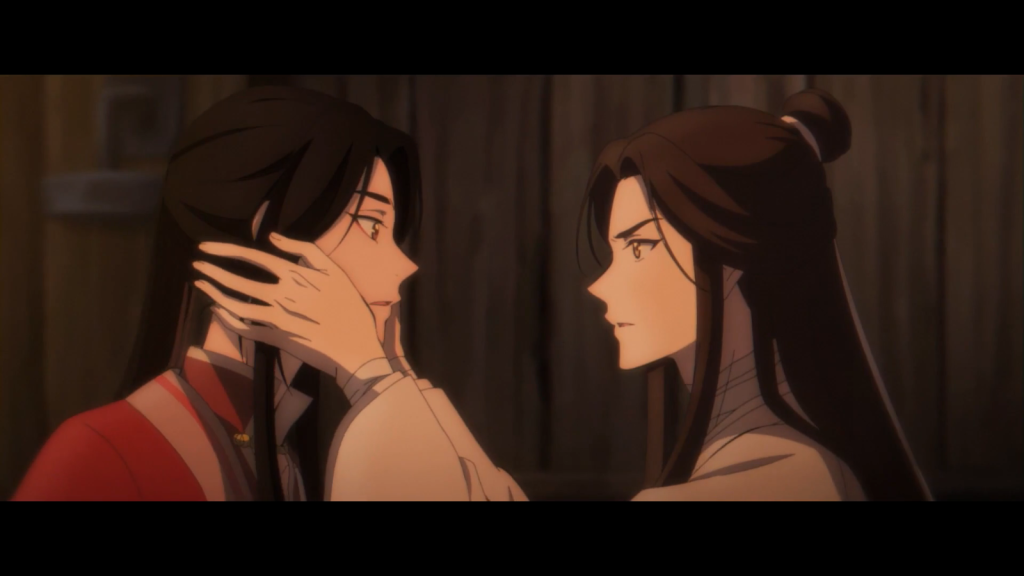
In terms of audio-visual quality, Heaven Official’s Blessing is as high-budget and excellent as Mo Dao Zu Shi – or perhaps even better. The art and animation are simply stunning, with such emotive expressions, details, and bright colors. It’s easier to tell the characters apart with distinct designs. I don’t like the OST quite as much as I did for MDZS, but it’s still good. Also, the opening and ending songs are emotionally powerful ballads that appealed to me, especially when accompanied by amazing artwork.
The characters in Heaven Official’s Blessing are well-written and interesting. I definitely see myself most in Xie Lian, as he’s such an idealistic person with a heavily emotional side. He tries his best to treat others well and not cause any violence, but the mistakes in his past still haunt him every step of the way. I also really enjoy the character of San Lan, though he’s more aloof and harder to understand. It helps that he is drop-dead gorgeous, especially in the second season. 😉
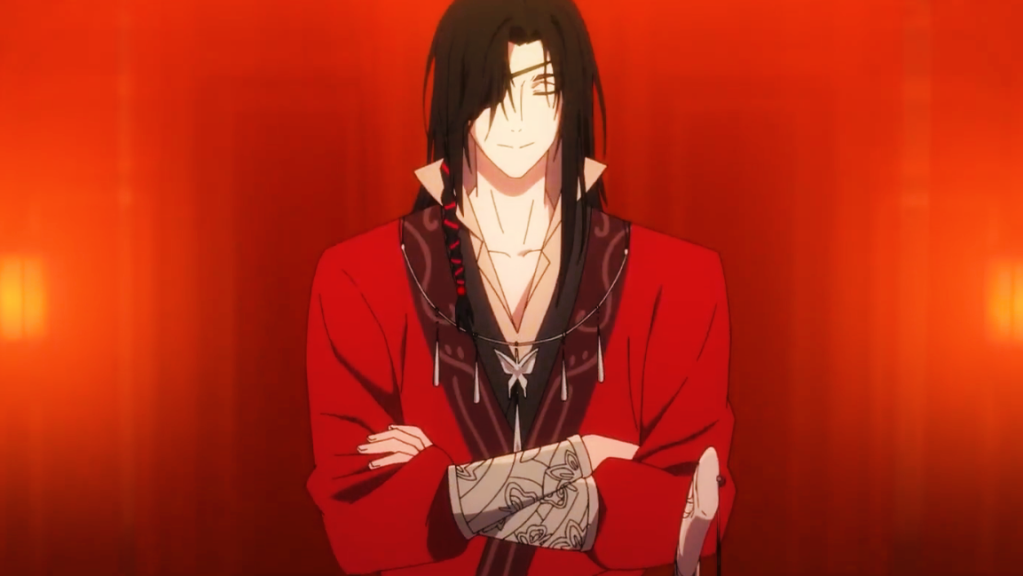
At the end of the day, I’m not sure which I like better: Mo Dao Zu Shi or Heaven Official’s Blessing. They’re both really excellent, and I’m certainly glad I watched them. These stories would be good enough on their own, but they’re even better for having gay romance. Unlike the majority of Japanese BL/yaoi, the couples featured in these two danmei series are not riddled with toxicity or problematic tropes. My faith in the BL genre is restored! I’m excited to look into other danmei series and donghuas in general.
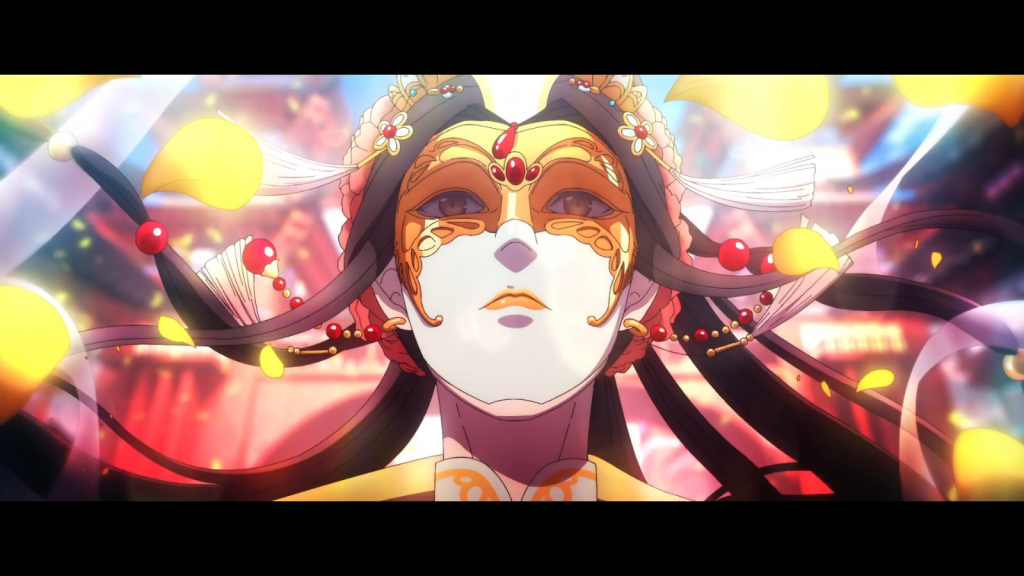
Thanks for reading~
PATREON
